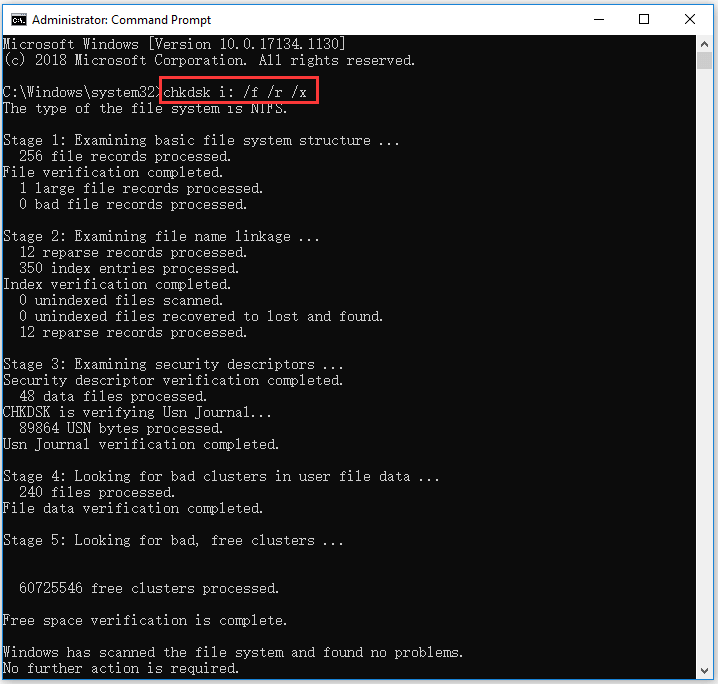

So, why full disk check is executed each time in dual-boot configuration of Windows 7 If volume is both: (a) dirty and (b) not recoverable to clean state by applying its NTFS logfile,

NTFS logfile of each volume to restore its consistency. If there are NTFS volumes which were not unmounted cleanly, Windows 7 applies with non-empty integrity logs).Įach time Windows 7 boots, it ensures that fixed volumes were unmounted cleanly. Unlike proper full shutdown used by previous versions of Windows, hibernate-in-logoff-state leavesįilesystem and registry in dirty state (i.e. In Windows 8.x/10/11, default shutdown mode is hibernate-in-logoff-state (called hybrid boot). Windows versionĮffect of the hibernation on the volume dirty state

To recognize and replay NTFS integrity logfiles created by modern versions of Windows. Older versions of Windows are no longer able Then in Windows 8.1, logfile format was changed. NTFS logfile format depends on Windows versionįor a long time, there was no difference in NTFS logfile format between Windows versions. ContentsĮach time you boot older operating system after using a new operating system in the dual-bootĬonfiguration, full disk check occurs (even if computer was shut down cleanly): 2. Unlike other websites suggesting to disable Windows 7 disk check at boot time, we fix this issue properly, so that disk check will run whenever necessary, but not on every reboot. This erroneous disk check is caused by combination of two seemingly unrelated factors: hybrid boot of Windows 10/11 (enabled by default) and a new format of NTFS logfile introduced in between these OSes. In dual-boot configurations, like Windows 7 and Windows 10/11, sometimes an interesting phenomena occurs: a full disk check is executed each time Windows 7 boots after Windows 10/11. Stop Disk Check From Running On Every Boot


 0 kommentar(er)
0 kommentar(er)
